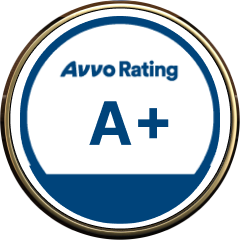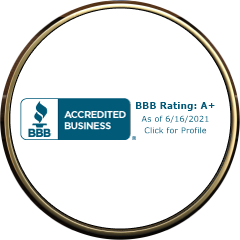Part 4 of 4 – Employment Documents

There are lots of documents that you may encounter throughout the life of your business. Those documents include service contracts, purchase agreements, partnership and company agreements, leases, employee contracts, policies and procedures, and more. Different business owners encounter different documents depending on their size, industry, and structure. However, the documents discussed below are documents every business owner should be familiar with. As you read our blogs in this Small Business Series, please understand that the information we will be providing is for your informational purposes only and is not intended to provide legal, tax, or accounting advice. Every business and entrepreneur’s circumstances are unique. Please consult an attorney and accountant regarding your business’s specific issues and questions.
Employment Documents
When a company hires new employees, they have to fill out federal employment forms (such as I-9s) and should consider having employees sign employment contracts and memorandums of understanding or offer letters. Below are some of the basic employment documents a business will likely encounter when hiring employees.
Form I-9 – Form I-9 is the federal employment eligibility verification form. The federal government requires employers to keep a copy of a Form I-9 for each of their employees.
Memorandum of Understanding/Offer Letters – A memorandum of understanding and offer letters accomplish the same goal. They lay out the terms of employment for an employee, including pay, time off, and work hours.
Employment Contract – For some positions it is important for a company to have their employee sign an employment contract. Employment contracts are much more in-depth than a memorandum of understanding or offer letter. An employment contract lays out compensation, work schedule, duties and responsibilities, benefits, and any other incentives or obligations.
Policies and Procedures – A company’s policies and procedures are the rules for its employees. They usually include information about employee benefits, time-off, sexual harassment, dress code, and many other subjects. Policies and procedures may also include guidance on how certain tasks or duties are supposed to be performed.
The documents above are the most basic and important documents for new business owners to be familiar with. However, they are just a fraction of the documents a business will use. If you are starting a new small business, it is important to discuss the above documents with an experienced business attorney to help ensure your new business is set up for success.
Related Topics
Human Resources and Employment
Related Blogs
Small Business Startup 101: Choosing a Business Entity
Small Business Startup 101: Tax Treatment
Small Business Startup 101: What Documents Does My Business Need? Part 1
Small Business Startup 101: What Documents Does My Business Need? Part 2
Small Business Startup 101: What Documents Does My Business Need? Part 3












